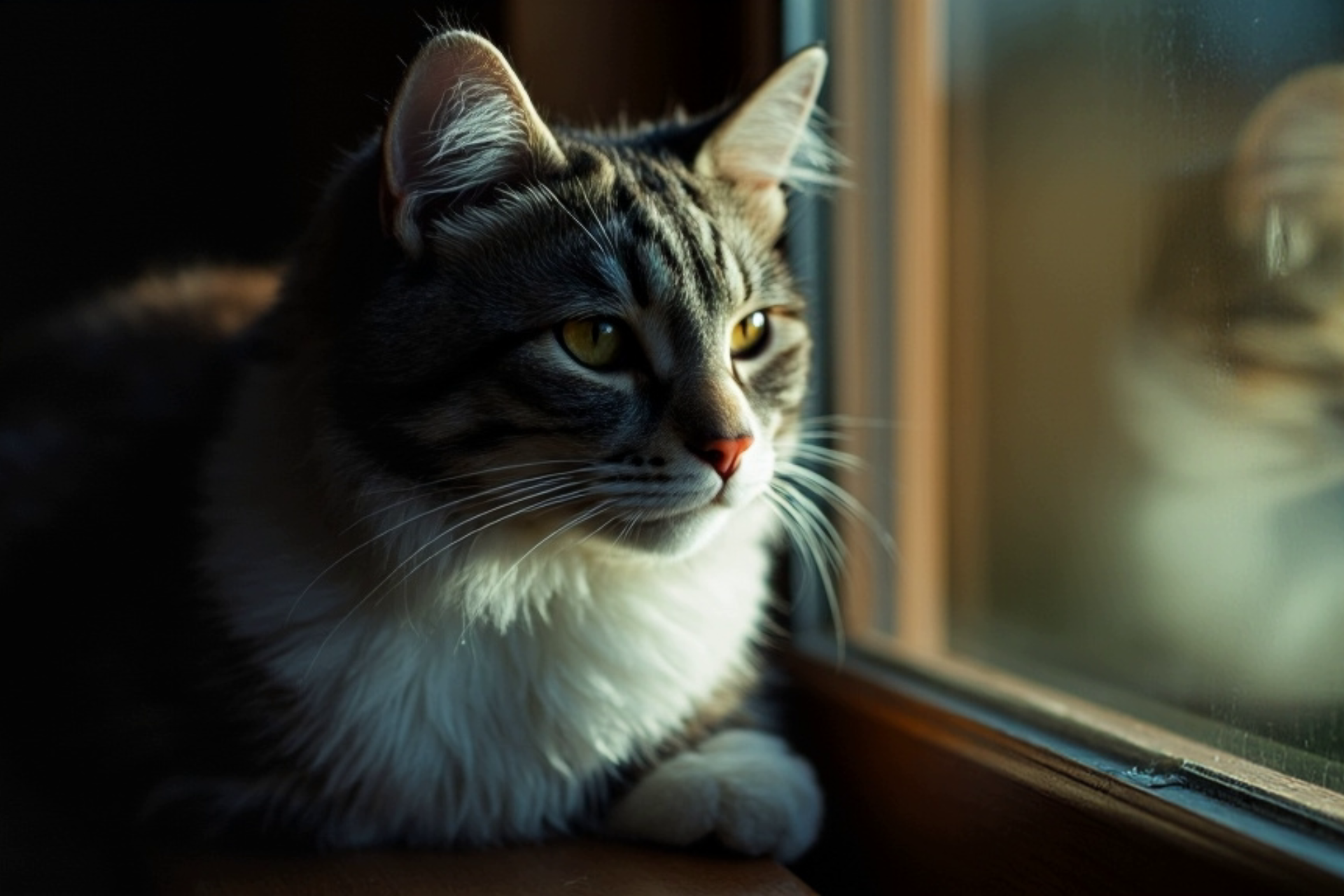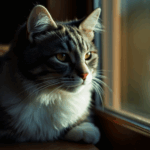7 Signs Your Cat Might Be Bored or Depressed
Cats may seem independent, but just like humans, they can suffer from boredom and even depression. If left unaddressed, these feelings can lead to behavior problems, health issues, and a reduced quality of life. In this guide, we’ll walk you through the telltale signs that your cat might be struggling emotionally — and what you can do to help.
1. Excessive Sleeping or Lethargy
While cats naturally sleep a lot, a sudden increase in sleep or a complete lack of interest in surroundings could indicate emotional withdrawal. If your cat is sleeping more than 16–18 hours a day and not engaging during waking hours, it might be time to intervene.
2. Loss of Interest in Play
Play is vital for feline mental health. If your once-active cat ignores toys or stops responding to playtime altogether, boredom or depression could be the cause.
3. Over-Grooming or Under-Grooming
Compulsive grooming can be a sign of stress, while neglecting grooming may indicate depression. Watch for bald patches, irritated skin, or greasy fur.
4. Appetite Changes
Depressed cats often eat less, but some may overeat for comfort. Either way, changes in appetite are red flags.
5. Hiding or Avoiding Interaction
Is your cat suddenly hiding under the bed all day? Avoiding eye contact or affection? Isolation can signal emotional distress.
6. Aggression or Irritability
Cats in emotional pain may lash out with unprovoked biting or scratching. Irritability is often misunderstood as “bad behavior” but is frequently a sign of deeper issues.
7. Vocalizing More or Less Than Usual
Some cats meow excessively when they feel anxious or lonely. Others may become unusually quiet. Monitor any drastic changes in vocal patterns.
Causes of Boredom and Depression in Cats
- Monotonous environment with no stimulation
- Lack of interaction or playtime
- Sudden changes (new home, new pet, absence of owner)
- Loss of a companion (pet or human)
- Indoor-only life without environmental enrichment
How to Help: Practical Tips
✔ Introduce Interactive Toys
Treat-dispensing toys and puzzle feeders can mentally challenge your cat and reward them for effort. Try our interactive toy collection designed to keep cats engaged and happy.
✔ Establish a Routine
Predictability provides comfort. Feed, play, and cuddle your cat at regular times each day.
✔ Vertical Spaces and Window Perches
Cats love to observe the world. Install cat trees or window seats to keep their minds engaged.
✔ Quality Time
Just 10–15 minutes of daily play and affection can make a huge difference. Use feather toys, laser pointers, or simply cuddle if your cat enjoys it.
✔ Consult a Vet or Pet Behaviorist
If symptoms persist, rule out medical issues and consider professional help.
Quick Reference Table
| Sign | Possible Meaning | Solution |
|---|---|---|
| Oversleeping | Lethargy, depression | More stimulation, vet check |
| Loss of interest | Boredom | Interactive toys, new play routines |
| Hiding | Fear, sadness | Safe spaces, affection, vet consult |
FAQs
Can cats really get depressed?
Yes, feline depression is recognized by veterinarians and is often tied to changes in environment, routine, or companionship.
What’s the best way to cheer up my cat?
Provide stimulation (toys, scratching posts, perches), spend quality time, and introduce new scents and sounds gradually.
Should I consider medication for my cat?
Only as a last resort and under veterinary supervision. Most cases respond well to enrichment and consistent care.
Final Thoughts
Your cat’s emotional health is just as important as their physical well-being. By recognizing the signs early and making simple changes at home, you can help your cat live a happier, more enriched life.
Looking for a way to boost your cat’s mood? Try our interactive treat-dispensing toys – designed to challenge their minds and reward their play.



